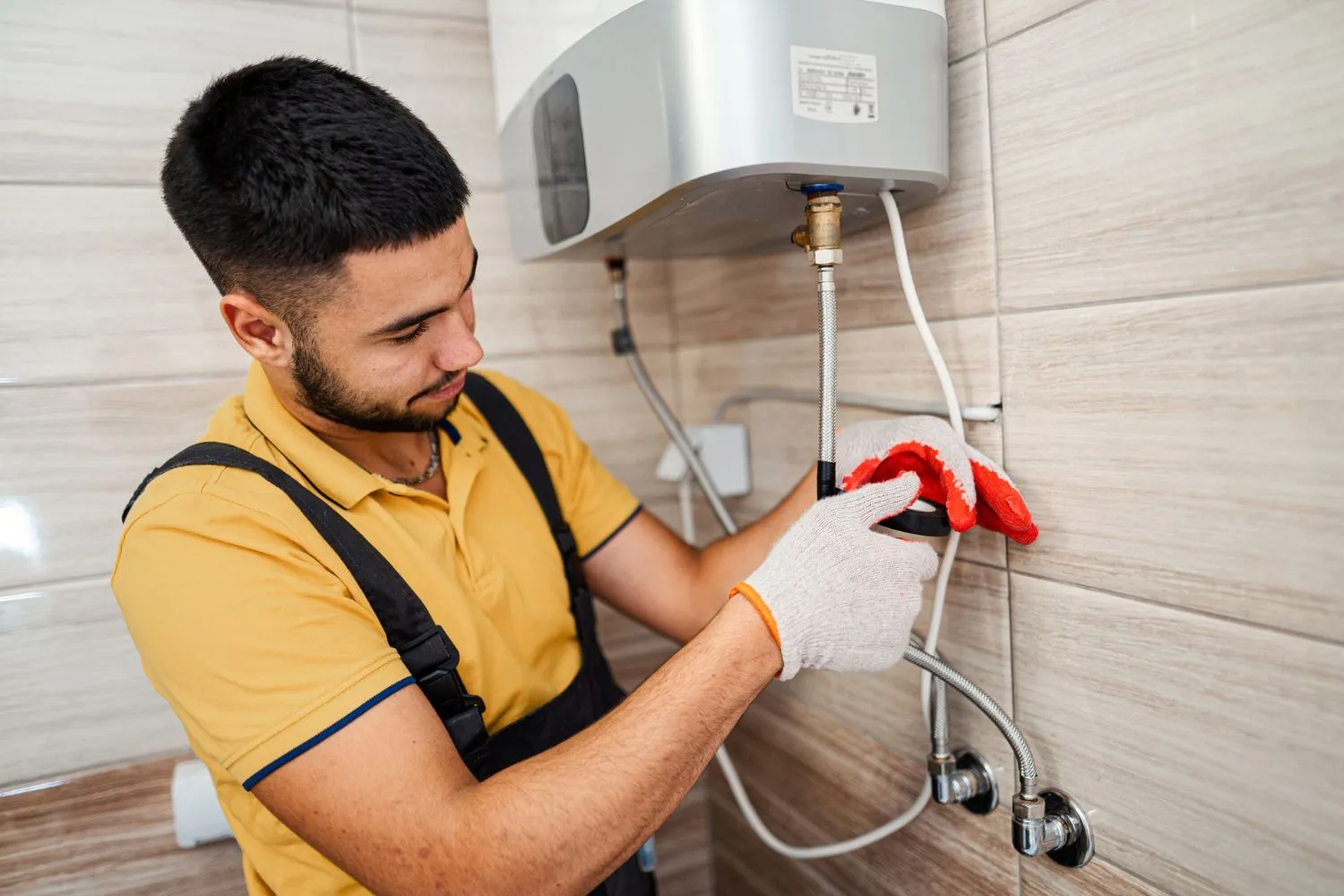Each person has their own unique thinking with regards to Water Heaters Problems.

Picture beginning your day without your routine hot shower. That already establishes a poor tone for the remainder of your day.
Every residence requires a reputable hot water heater, but just a few recognize exactly how to handle one. One easy method to keep your hot water heater in leading form is to check for mistakes consistently as well as repair them as quickly as they appear.
Keep in mind to switch off your hot water heater prior to smelling around for faults. These are the water heater faults you are probably to run into.
Water too warm or too cold
Every hot water heater has a thermostat that figures out just how hot the water gets. If the water entering your residence is too hot regardless of setting a hassle-free optimum temperature, your thermostat might be faulty.
On the other hand, also cold water might be because of a stopped working thermostat, a damaged circuit, or inappropriate gas circulation. For example, if you utilize a gas water heater with a damaged pilot burner, you would get cold water, even if the thermostat remains in best condition. For electrical heating units, a blown fuse may be the wrongdoer.
Not nearly enough hot water
Water heaters come in numerous dimensions, depending on your hot water needs. If you lack hot water prior to everybody has had a bath, your hot water heater is as well tiny for your family size. You need to consider mounting a larger water heater container or going with a tankless water heater, which uses up much less room and is more sturdy.
Unusual noises
There go to least 5 sort of noises you can hear from a water heater, yet the most usual analysis is that it's time for the hot water heater to retire.
To start with, you need to know with the normal seems a water heater makes. An electrical heater might seem different from a gas-powered one.
Popping or banging noises normally mean there is a slab of sediment in your tanks, as well as it's time to clean it out. On the other hand, whistling or hissing noises may just be your shutoffs allowing some pressure off.
Water leakages
Leakages could come from pipelines, water links, valves, or in the worst-case situation, the container itself. In time, water will certainly corrode the container, and also locate its way out. If this happens, you need to replace your hot water heater as soon as possible.
However, before your change your entire tank, make sure that all pipes remain in area and that each shutoff works flawlessly. If you still require help identifying a leakage, call your plumber.
Rust-colored water
Rust-colored water implies one of your water heater parts is worn away. Maybe the anode pole, or the tank itself. Your plumber will certainly be able to determine which it is.
Lukewarm water
Regardless of exactly how high you established the thermostat, you will not get any warm water out of a heating unit well past its prime. A water heater's effectiveness might reduce with time.
You will also obtain warm water if your pipelines have a cross link. This indicates that when you activate a faucet, warm water from the heating unit streams in along with normal, cold water. A cross connection is very easy to spot. If your hot water taps still pursue shutting the water heater valves, you have a cross connection.
Discoloured Water
Corrosion is a significant root cause of filthy or discoloured water. Deterioration within the water container or a failing anode rod can create this discolouration. The anode pole protects the storage tank from rusting on the inside and need to be inspected yearly. Without a pole or a correctly working anode pole, the warm water promptly corrodes inside the container. Contact a professional water heater service technician to identify if replacing the anode pole will repair the issue; if not, change your hot water heater.
Final thought
Ideally, your water heater can last ten years before you require a modification. Nonetheless, after the 10-year mark, you might experience any one of these mistakes a lot more routinely. At this moment, you ought to add a new hot water heater to your budget plan.
How To Troubleshoot 3 Common Water Heater Problems in Twin Cities
The Water Heater Is Leaking
A leaky cold water inlet valve A loose pipe fitting A leaky temperature and pressure relief valve A corroded anode rod A cracked tank Turn Off Your Water Heater:
Shut off your gas water heater by turning the gas valve on the unit to the “OFF” position. Shut off your electric water by switching its power off at your electrical panel. Look for a two-pole breaker labeled “water heater” and turn it to the “OFF” position. Move the ball valve connected to the water heater to be perpendicular to the piping at a 90° angle. Look for the Leak:
Depending on whether the water is coming from the tank's top or bottom, you’ll want to look for the leak in different locations.
If the leak comes from the top of the tank, carefully look for water escaping from the cold water inlet valve or loose pipe fittings. Rusted hot and cold water valves can have loose connections with the tank, with water leaking out of them.
https://mspplumbingheatingair.com/blog/how-to-troubleshoot-3-common-water-heater-problems
I'm very excited about Common Problems with Your Home Water Heater and I am assuming you appreciated our article. Do you know about somebody who is interested in Common Problems with Tank Water Heaters? Why not promote it. Thanks so much for your time invested reading it.
Visit My Site